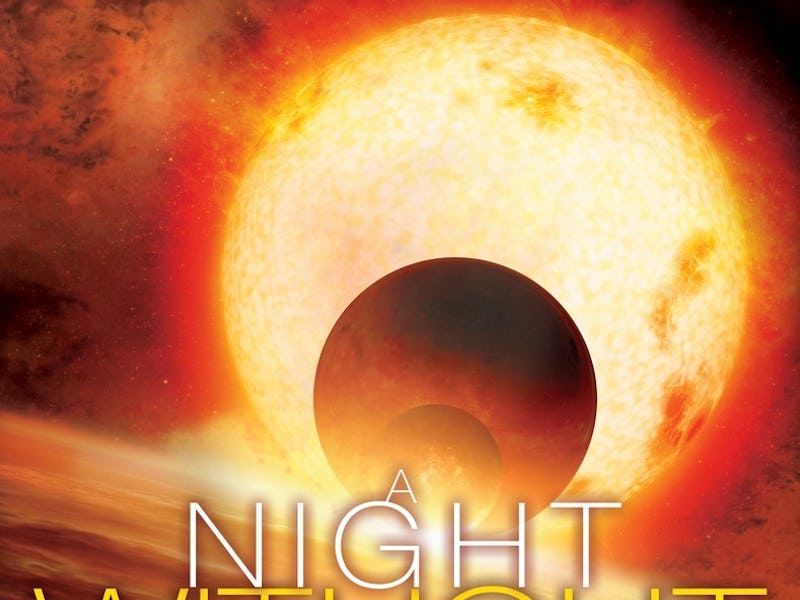ASK A PROPHET: Peter F. Hamilton Says Writing In Space Is Difficult
Peter F. Hamilton, bestselling author of the Commonwealth series, talks about writing space operas and his process.

In Ask a Prophet, we use our alien probes on the brains of sci-fi, fantasy, and speculative fiction writers.
This week, we spoke with Peter F. Hamilton, the bestselling author known for his space operas like Pandora’s Star and Judas Unchained. His most recent work is A Night Without Stars.
How do you approach your worldbuilding — does the world come first or the characters?
The world comes first. It’s important to me to generate a universe that makes sense from every major aspect: technology, economics, politics, etc. Once that is in place, I can begin to think about the kind of people who inhabit it, and how it will affect them. Late in the process, I’ll tweak the world in accordance with the people I’ve chosen to live in it. So it’s a reasonably loose process, with the two sides acting upon the other.
What’s been the most challenging part of following the Commonwealth universe for so many years? What’s been the most fun part?
Continuity is always going to be a problem, especially over so many large books. Fortunately I’m a huge note-maker, so at least I get the major parts and people correct. I think I had the most fun writing about individual characters, and how the events they take part in, and even fight against, change them. Personal evolution is something intrinsic to every human, and following that within the more colorful characters is always enjoyable writing.
How have you seen the sci-fi genre evolve during your time in it? What excites you most about the direction it’s going in?
I think the fact that it’s not going in any one direction speaks volumes for how strong the genre actually is. Its evolution is that it now takes in so many aspects and attitudes, exploring so many themes in fascinating ways. Nothing is off limit, which has to make it extremely healthy.
Since the genre has expanded so much in recent years, it’s spread across all mediums. Are there any sci fi shows you follow, or movies you’ve enjoyed recently?
For recent films I’ll say: Guardians of the Galaxy. On TV, I can’t choose between Sense8 and Stranger Things.
What’s the most challenging part of setting a story in space? Has it gotten easier with time?
No. Quite the opposite. The more we learn about space, and we are learning a lot right now, is that space is a hellishly difficult environment, from radiation to the cumulative effects zero gravity has on a human body. For a writer that creates a unique set of problems — which is why I favor far-future, when the really advanced technology can overcome some of those difficulties.
What are you most looking forward to for the future?
A decent clean energy source. Add cheap to that, though I suspect both together will be wishful thinking in the short term. But once you do get to a stage when the two are combined, then we’ll start to see real progress on this planet.